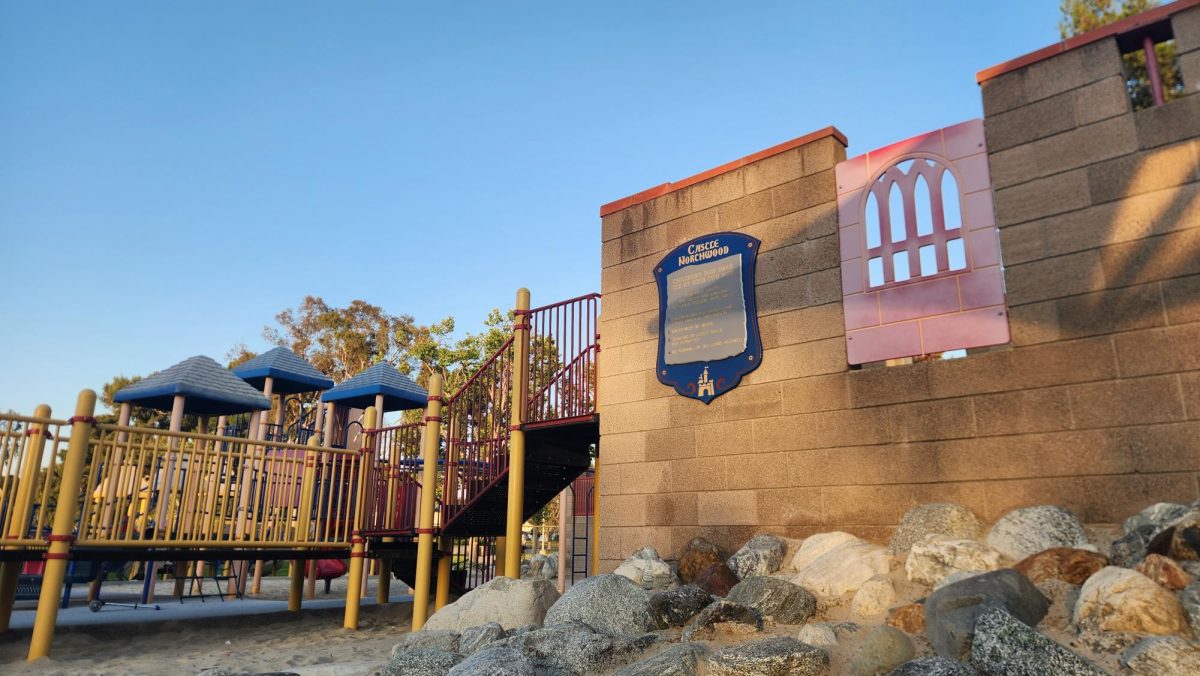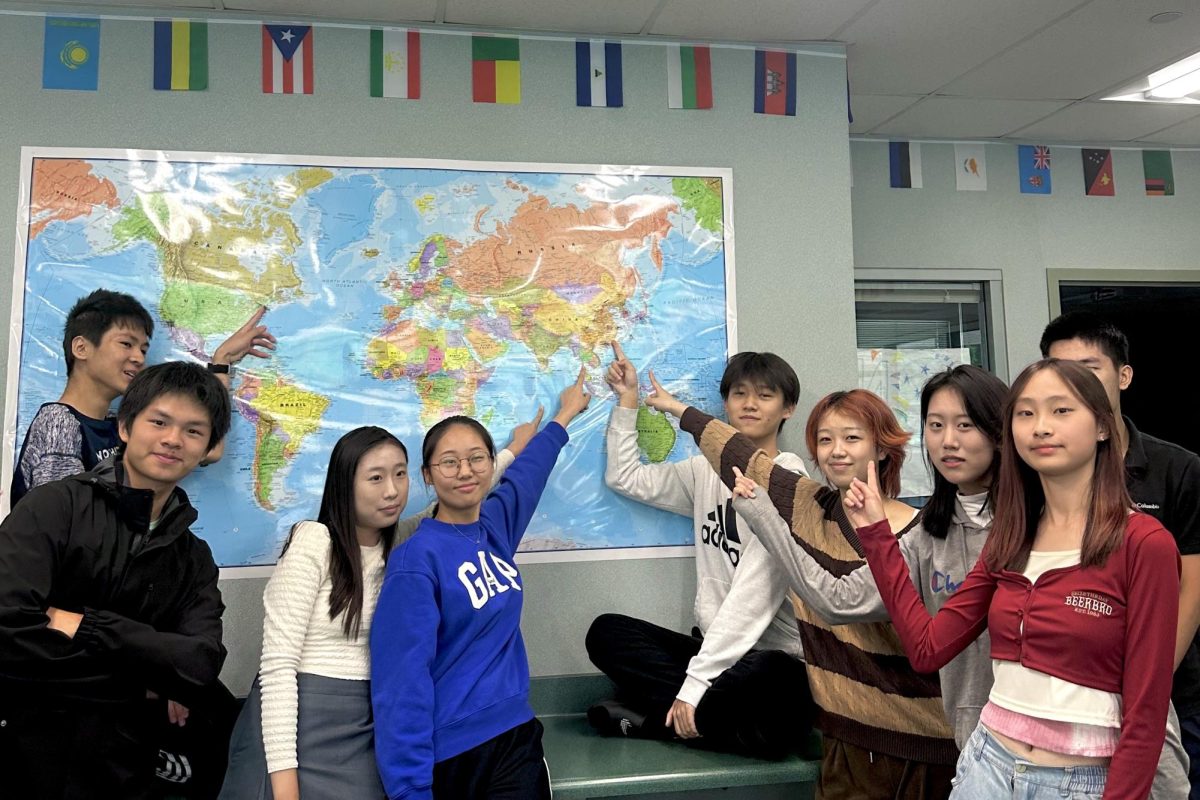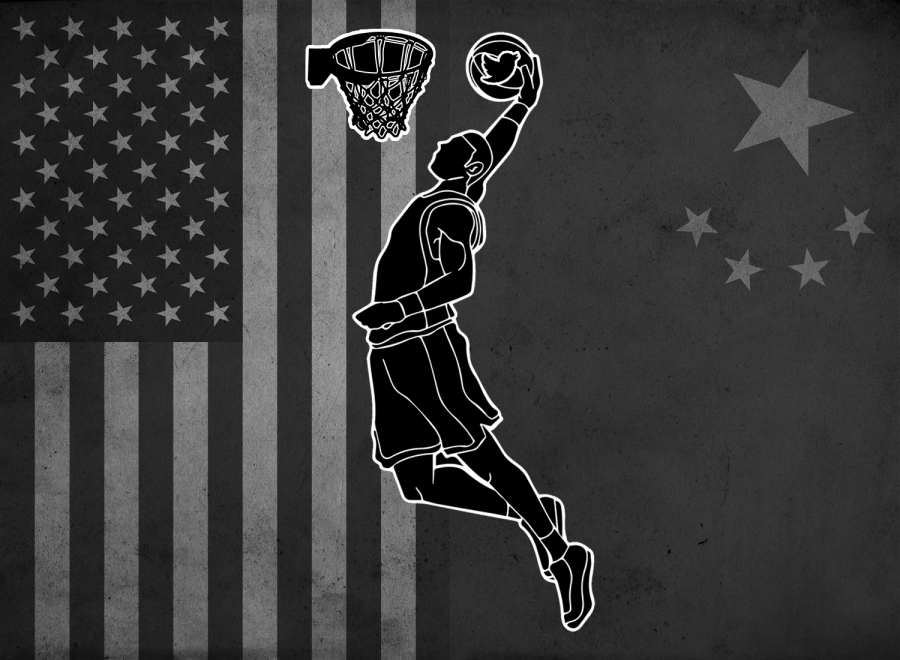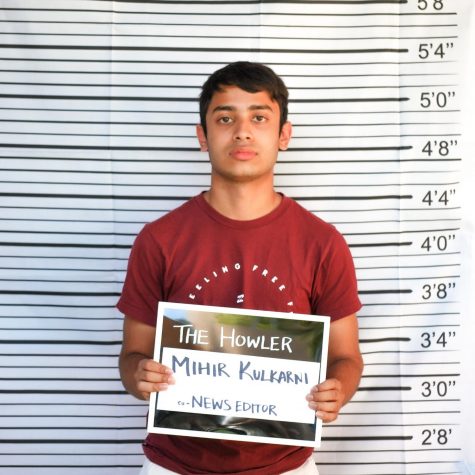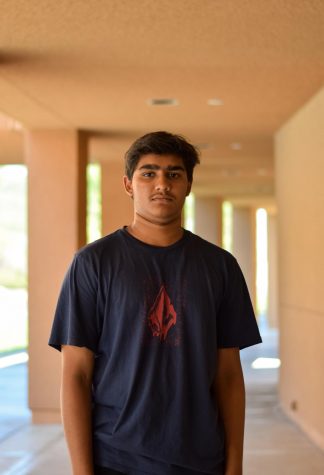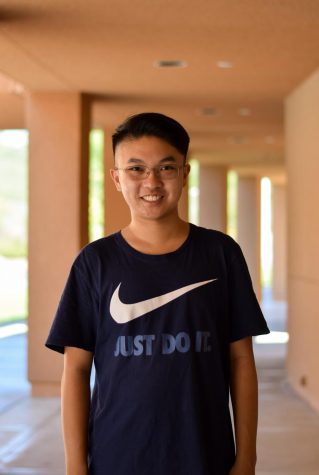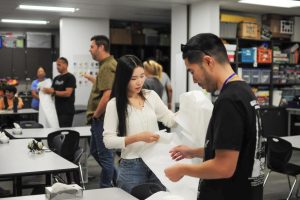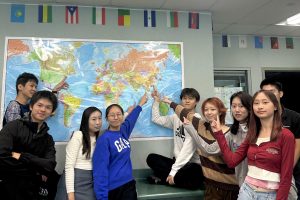Money shot: National Basketball Association vs. China
HEAD IN THE GAME, OUT OF POLITICS: The financial interests outweigh independence movements.
December 16, 2019
“We love China. We love playing there,” former NBA MVP and Houston Rockets superstar James Harden said to an interviewer after a practice session in Tokyo. “We go there once or twice a year. They show us the most important love.”
If Harden’s sudden love for China seems like overcompensation for something, that’s because it is. Displaying the Rockets’ love for China is the NBA’s fast break strategy to regain favor from the Chinese government before it loses all of its financial partners over an errant yet damaging tweet. Though some might argue that the NBA’s financially driven actions are unethical, trying to save face with China is the smart––and perfectly moral––play.
The NBA lost 11 financial partners and Chinese broadcasting in the aftermath of a tweet by Houston Rockets general manager Daryl Morey supporting the Hong Kong protests. On top of this, players have been hurt financially too, losing out on revenue from merchandise that has been taken off store shelves and endorsement opportunities with Chinese companies like Li-Ning. Why was this one tweet so damaging?
The Hong Kong protests started as a movement against an extradition bill that would challenge Hong Kong autonomy and has since evolved into a fight for democratic reform, openly challenging the authority and communist ideals held by the Chinese government. So it’s no surprise that they deem the protests as the largest crisis in the area in a long time and any foreign support for the protests as a blow to their efforts to dampen the controversy. The heavy expenses of Chinese censorship pressured NBA commissioner Adam Silver to find any way to make amends with China and defend the association’s reputation in the country, including the
Harden’s over-enthusiastic interview and NBA’s distancing from Morey. The NBA has held a partnership with China since the 1990s with former NBA commissioner David Stern at the helm. Coupled with Yao Ming’s arrival to the Rockets in 2002, the NBA saw a rapidly growing fanbase in China that raked in profits. The NBA’s investment in this opportunity created a “trickle-down” effect that resulted in well worth returns on players and clothing companies’ dividends in China. Fast-forwarding to today, China and the NBA have undoubtedly had an immensely close, mutually beneficial relationship. According to David Carter, executive director of the University of Southern California Sports Business Institute, China covers 10% of the NBA’s annual revenue. Tencent Sports, a streaming platform that recently canceled its sponsorship with the NBA,
reported nearly 500 million NBA viewers last season. China’s massive population brings in significantly more views than fans in the United States (and basketball is pretty popular here); more people follow the NBA on Weibo, China’s equivalent of Twitter, than on Twitter. The NBA had the proper financial incentive to dissociate itself from Morey’s tweet. It’s a business after all, and the core motive for a business is to profit.
Beyond that, the NBA also had good reason to support the interests of its large audience and defend the careers of its players. While the NBA indirectly restricted Morey’s freedom of speech by pressuring him to the point of deleting his tweet, supporting the protests would have no tangible benefits for either side and could have even exacerbated the issue. For basketball fanatics who truly enjoy the game, having these events and their favorite players supported is huge, and taking that away from those 500-million-plus viewers would be more unethical.
On the other hand, support for Morey’s pro-Hong Kong tweet would have had little real impact on the success of the protests or in shifting political opinions on the issue. Although the message might have been empowering, a sports league’s response to a tweet is unlikely to remedy the half century of history behind the conflict, and it simply isn’t worth losing billions and hurting players by cutting the game off from a huge Chinese audience.
At the end of the day, the NBA only said they were not aligned with Morey’s view, a standpoint that alleviated the tension between China and the NBA. The NBA was originally prohibited from playing any preseason games in China, but Silver’s response reduced the consequences to just a ban on broadcasts. In a later tweet, Silver displayed his allegiance to the first amendment as he claimed that he would not directly censor any NBA affiliate’s opinions.
The NBA did what it had to deescalate the situation with China. Its players were losing opportunities and its audience was being cut off from broadcasts. If the NBA did not take the proper shots so early, it would be left scrambling for desperate plays to bring the game back to China.










